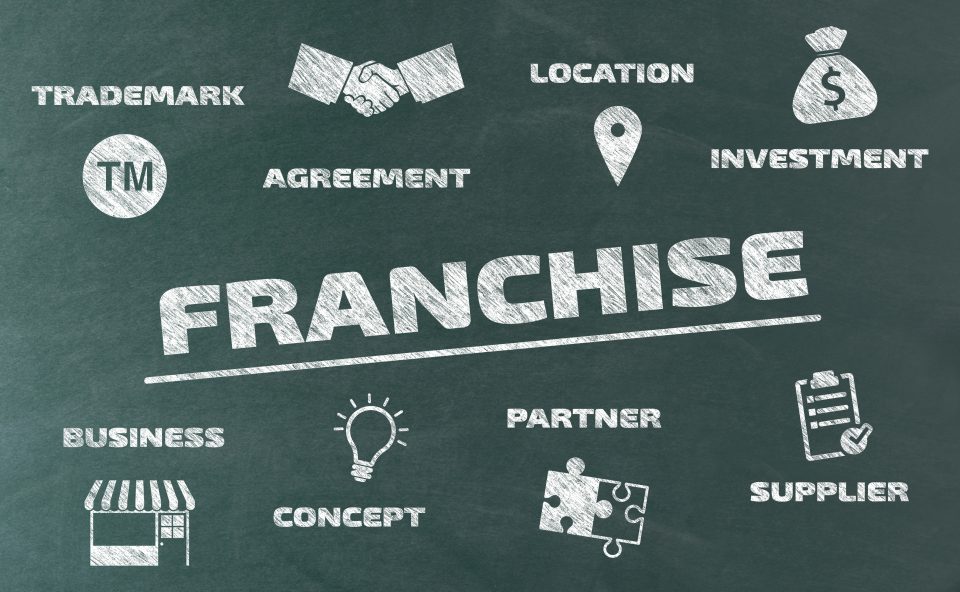PURCHASING A FRANCHISE can provide you with the opportunity to become an entrepreneur for a relatively small initial investment. Two of the primary advantages of becoming a franchisee are that you have the opportunity to sell goods or services that already have brand recognition and access to an already proven system and business model.
But purchasing a franchise comes with no guarantee of success. That is why one of the most important things you can do as a potential franchisee is to educate yourself as much as possible and become an informed buyer, before you invest your money and sign a franchise agreement. As with anything else, preparation, understanding the nature of the attendant risks and possessing the information necessary to make well-reasoned decisions are critical to your success. This article is intended to help you educate yourself when considering whether to invest in a franchise business.
Know Your Franchisor and Franchise System
One of the hallmarks of provincial franchise laws is the duty imposed on franchisors to deliver, at least two weeks before a prospective franchisee pays any money or signs any agreements, a franchise disclosure document (often called an “FDD”). The FDD contains several mandatory sections that provide detailed information about the franchise fee and other operating costs and expenses, current and prior litigation involving the franchisor, financial information about the franchisor and other important matters. The FDD may also contain earnings projections and estimates of annual costs for your prospective franchise location. The FDD must also include copies of all agreements you will be required to sign.
FDDs are thick and dense. They are often hard to read. Read them anyway.
They contain information you need to know. Flag the parts you don’t understand into two categories: those for which you need legal advice, and those for which you need financial advice. Once you have done your best to understand the information in the FDD, then get the legal and financial advice you need from qualified and experienced practitioners. It is essential that you review the FDD carefully, and understand what you are signing up for with the benefit of good advice, before entering into any franchise agreement.
Speak to Other Franchisees
The FDD will also contain contact information about existing franchisees as well as those who have left the system in the past year. Existing and former franchisees will have valuable “insider” information. You need to access that information.
So, before investing, reach out to several current and former franchisees and ask lots of questions. Among other things, you will want to ask: How would you describe your relationship with the franchisor generally? What particular skills do I need to succeed as a franchisee? Have you or other franchisees encountered problems? What were they? How does the franchisor respond to problems? Are there things you wish you knew before you became a franchisee? Are you as profitable as you thought you would be (and if not, why not)? Are there other franchisees/former franchisees I should speak to?
Know the Market and Where You Fit Within It
You may know of some successful franchisees in a particular system and be tempted to think you can replicate their success. Setting up an otherwise good franchise business in the wrong location, however, can lead to failure. For example, a fast food franchise may not perform well in an area that has many other similar restaurants competing for business or that is populated mainly by a health-conscious demographic. That is why it is critical for you to learn as much as you can about the market in which you will be operating before becoming a franchisee. At a minimum, you should research your competition and assess how the product may be expected to sell in your particular market.
Know Yourself and Your Risk Appetite
Finally, you should think about whether your skill sets, financial capability, appetite for risk and goals are likely to position you for success in the particular franchise system you are considering. Some questions you should ask yourself along these lines include: Do you need to have special knowledge or technical skills (and do you have them)? Are you willing to devote the amount of time
(often significant) necessary to operate the business? Do you have sufficient access to capital or financing to cover all the expenses and costs? What level of income do you need? How much money can you afford to lose if the franchise proves unsuccessful?
The purpose of this article is to highlight one simple but important point: your future success as a franchisee depends to a large extent on the amount of due diligence you conduct when assessing the opportunity in the first place. Being an informed buyer will help position you to select the right franchise for the right market and territory.
W. Brad Hanna
Partner, Co-Chair
Franchising & Distribution
McMillan LLP
Mitch Koczerginski
Associate, Advocacy & Litigation
McMillan LLP

